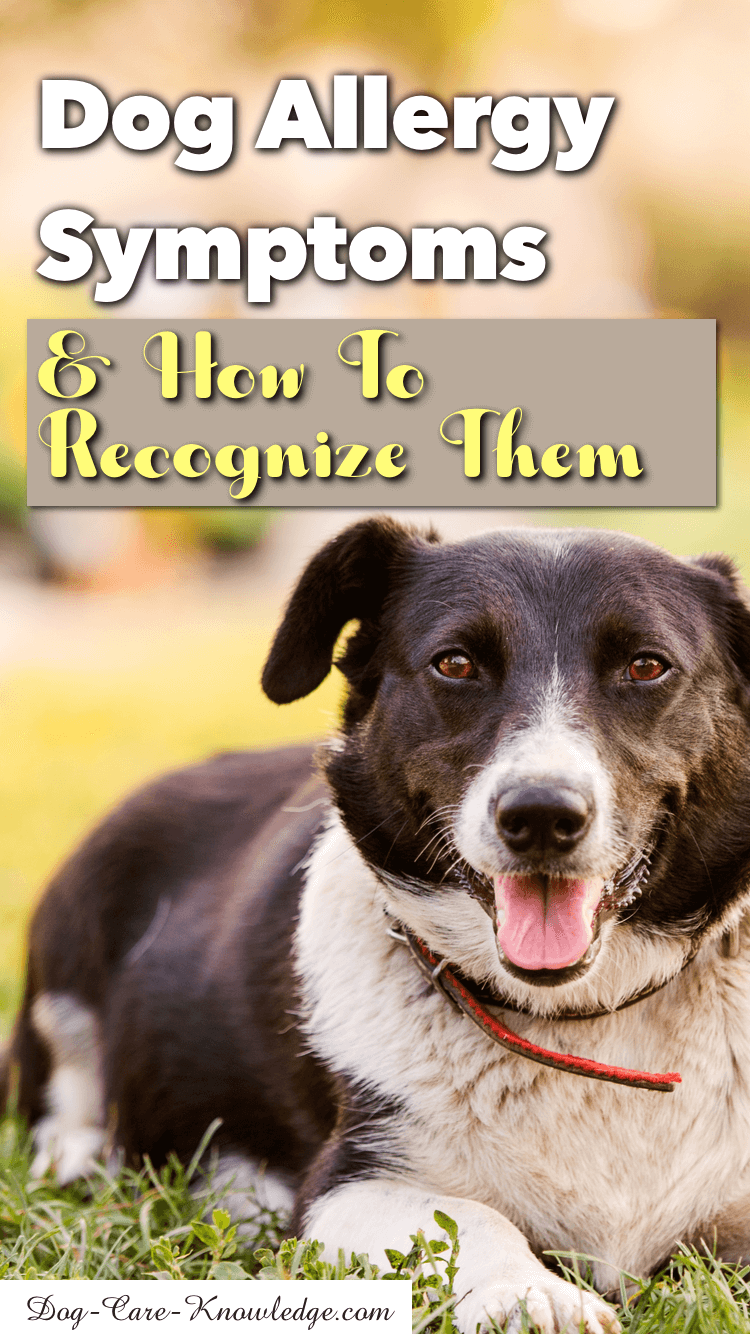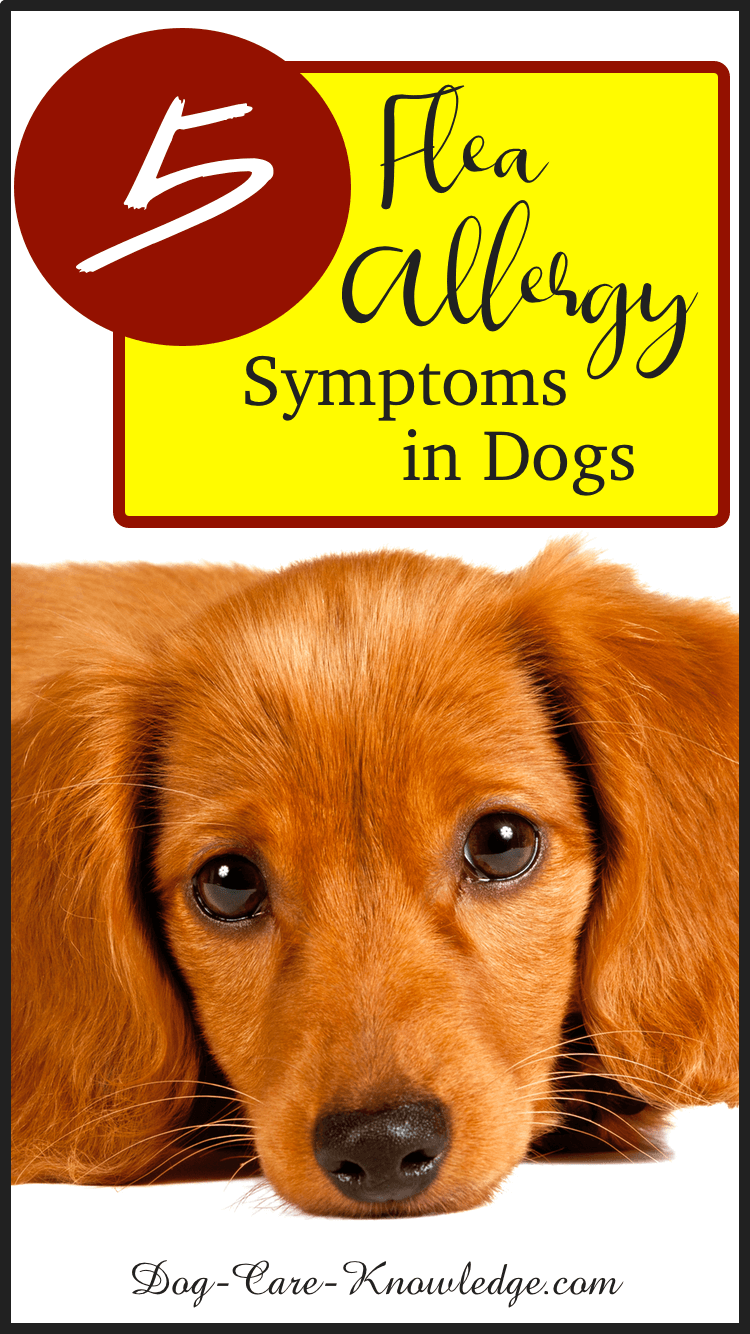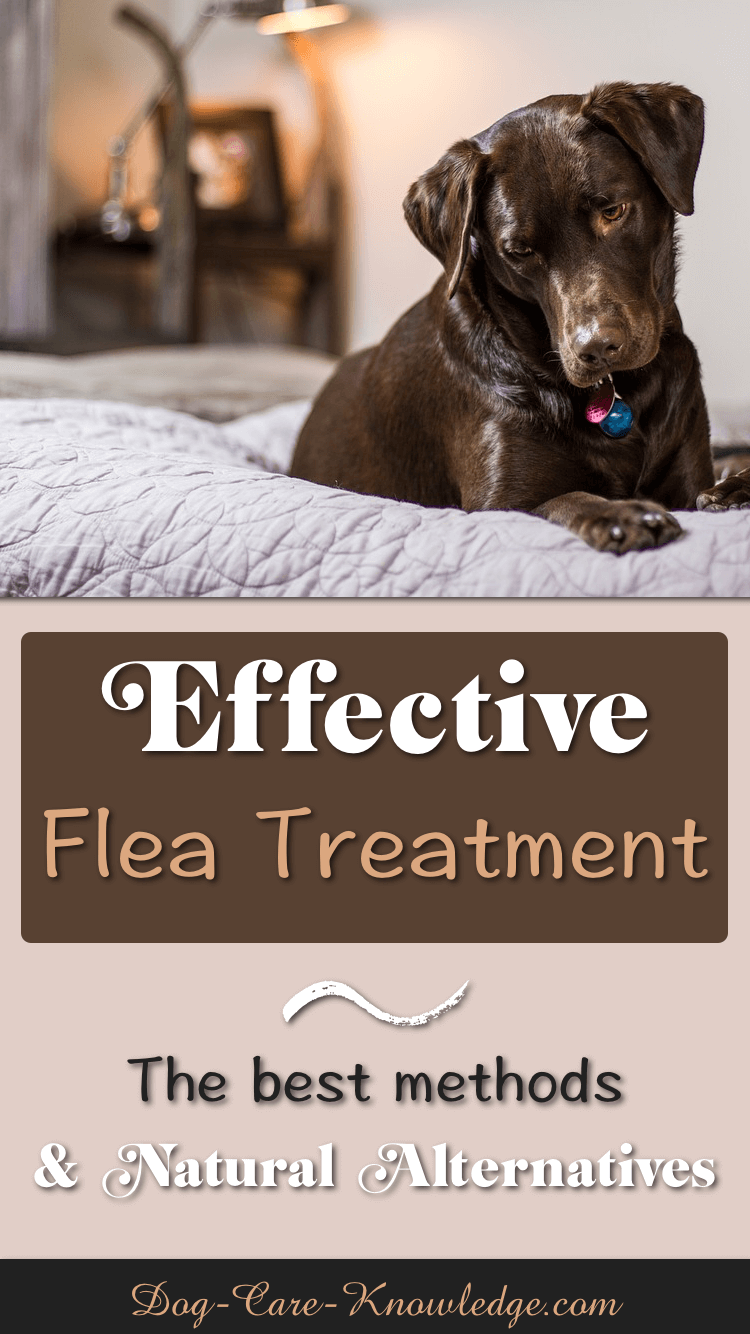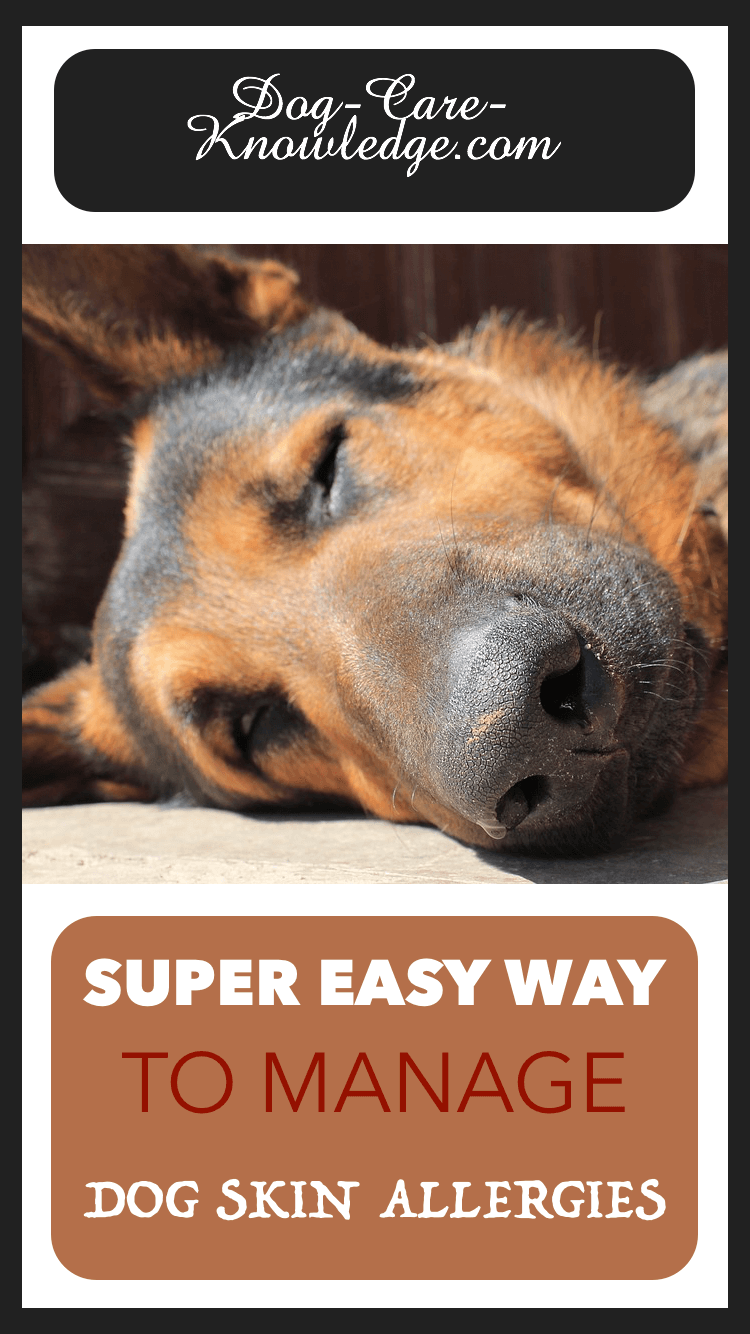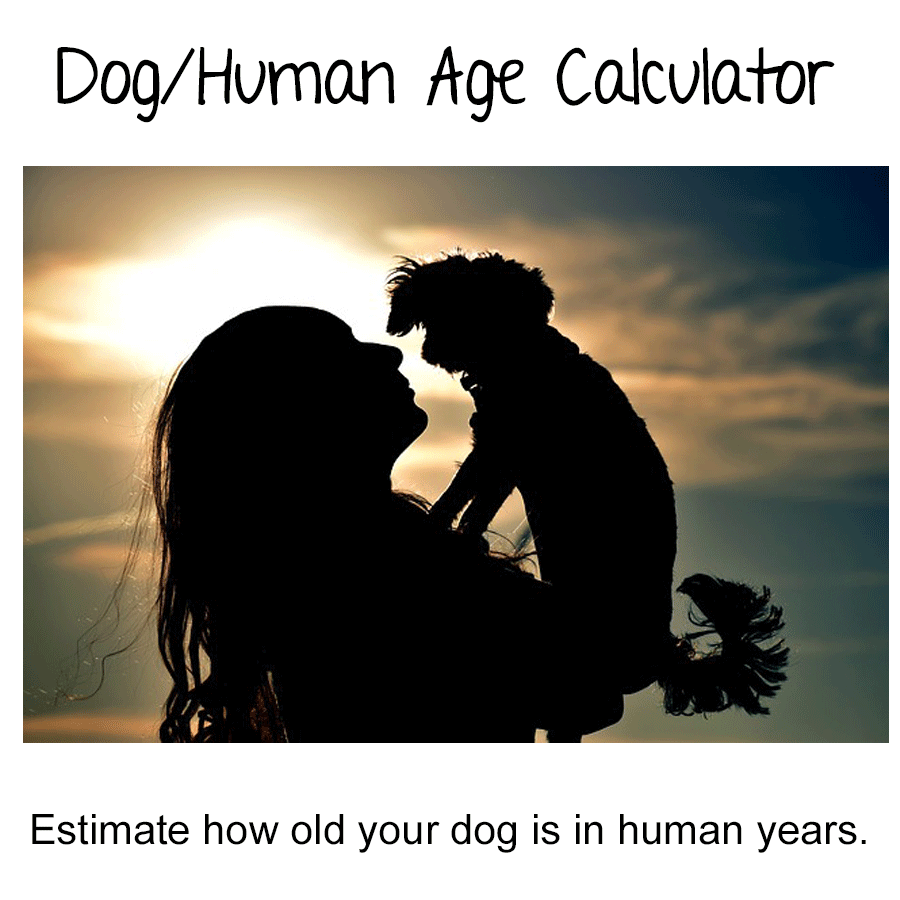- Home
- Dog Allergies
- Dog Allergy Symptoms
- Home
- Itchy Dog?
- Dog Allergy Symptoms
Dog Allergy Symptoms
How To Recognize Them
Most dog allergy symptoms start with an itchy dog. Determining the cause of your dog's skin irritation is key to treating canine allergies. When you treat the cause, and not just the symptom, you can relieve your dog's itching and scratching for good.
Many of the symptoms are similar, but there are a few distinct differences that makes it easier to identify which allergy your dog maybe suffering from.
You can see a full list of allergy symptoms further down the page, but first, here's a short summary of the subtle differences in symptoms:
Dog Allergy Symptoms
| Symptom | Allergy |
| Dogs itching in the summer | Inhalant/skin allergy or flea allergy |
| Dogs itching all year | Food Allergy or inhalant/skin allergy |
| Dogs itching in winter | Not usually an allergy, more likely to be dry skin |
| Itching occurs suddenly | Contact allergy |
| Itching at base of tail or rump | Flea Allergy |
WARNING - if your dog's face is puffy or swollen, SEEK IMMEDIATE VET CARE NOW. This is a symptom of a potentially life-threatening allergic reaction.
If it is out of regular veterinary hours then call an emergency veterinary clinic. Don't wait until your vet is open to address this serious issue.
If, like me, you have a dog with itchy skin, I'm sure you're anxious to find out what's causing all the scratching. After all, its got to be uncomfortable for your fur baby.
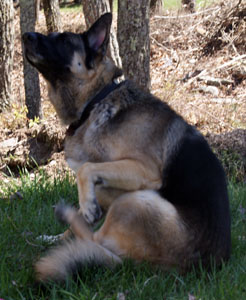
I have to say though, it can sometimes be difficult to determine the actual cause on your own. I know I've been round that block before and just treating the symptom doesn't really help if you don't know the root cause.
There can be many different reasons your pet is itching, you can see other common skin disorders here, but the most common cause of dogs itching and scratching is frequently due to skin allergies, so it wouldn't be a bad idea to start your research with that.
Review each allergy below to see if it sounds like your dog's symptoms:
Flea Allergy Symptoms
- Severe itching, usually with inflamed skin
- Affected areas are rump and base of the tail, groin, belly and under the legs
- Dogs chew at affected areas to relieve itching
- Hair may fall out in patches and the skin can become dry and scaly
- Usually seasonal, particularly warm seasons
Inhalant Allergy Symptoms
|
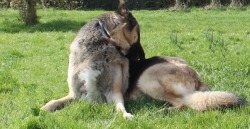 |
Food Allergy Symptoms
- Non seasonal itching and scratching
- Face-rubbing
- Paw-licking
- Characteristic rash like small red bumps and raised patches of skin. This usually involves the ears, underside of the body, feet, and the back of the legs
Contact Allergy Symptoms
|
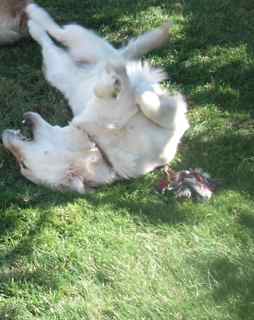 |
As you can see, many of the dog allergy symptoms are similar. Knowing exactly when your dog itches the most is probably the best clue you're going to get to solving the root cause of your dog's itch. I hope the information here on dog allergy symptoms helps you get there but if not....
Remember, you can find an actual treatment plan for each allergy here. Or, if you don't believe it's allergies your dog is suffering from you can find other dog skin conditions here.
